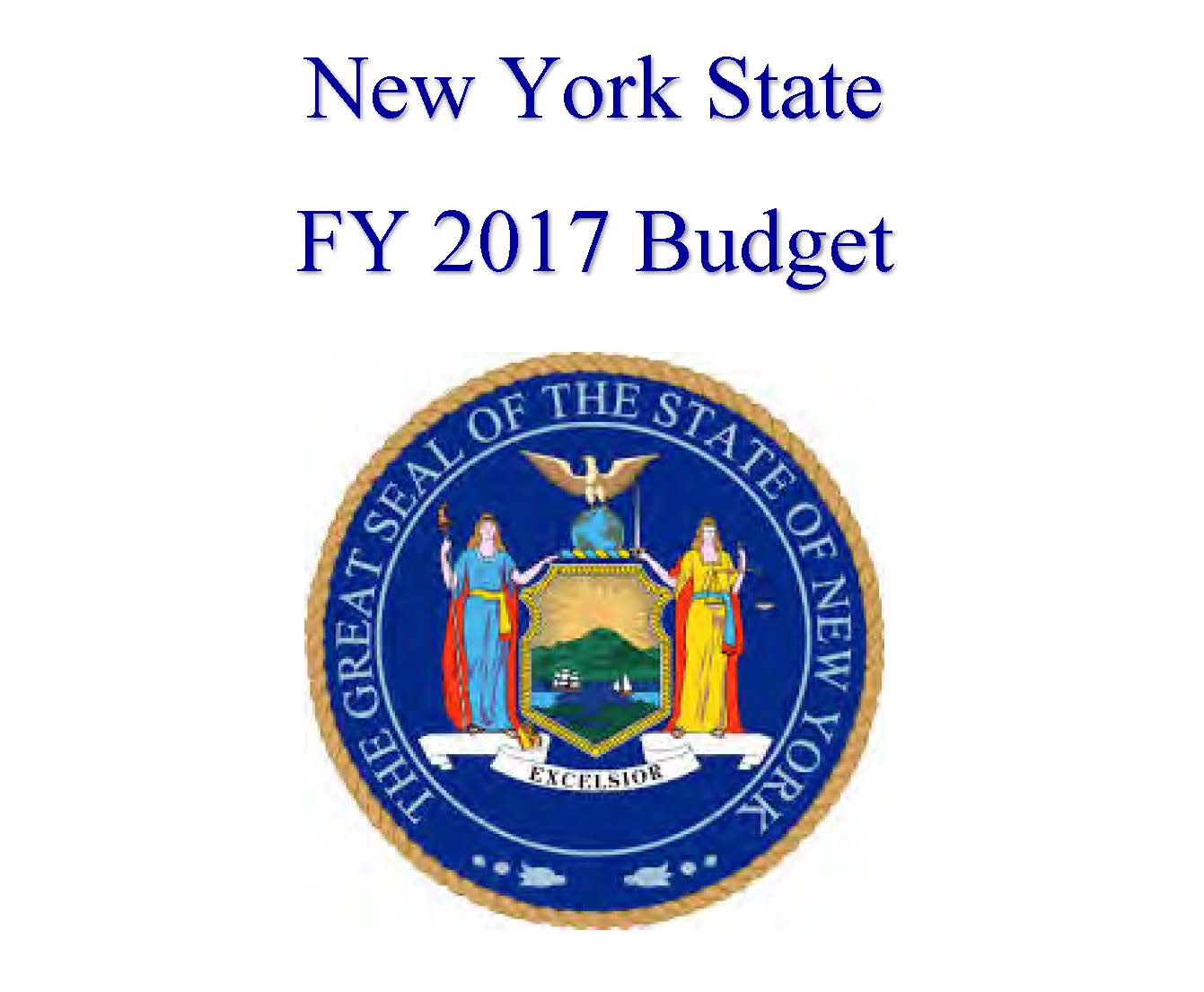The Push for So Called “Free College”
October 18, 2017. In a radio interview with Sarah Schweinsberg, David Dyssegaard Kallick, FPI's Deputy Director and Director of Immigration Research, discusses Governor Cuomo's Excelsior Scholarship Program. Governor Cuomo expresses that college is a necessity. While people have praised the program, some have expressed concerns. It has been referred to as a last dollar grant, only covering what state and federal grants do not. This mostly helps middle class students, who do not qualify for programs helping low income families. This does not help with the [...]

